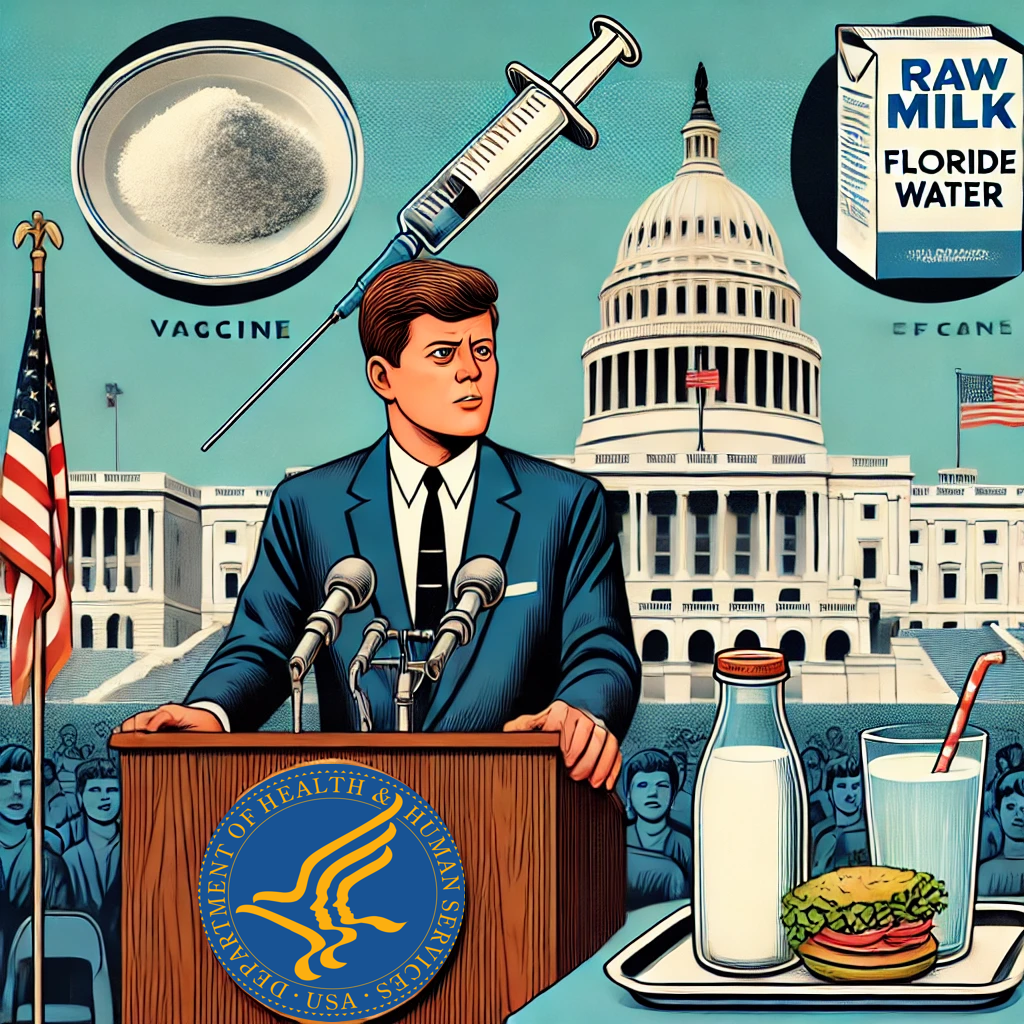If Robert F. Kennedy Jr. becomes the Secretary of Health and Human Services (HHS), he has ambitious plans to transform the U.S. health system. His proposals focus on vaccine policies, food safety, and public health measures, but they are not without controversy and would face significant hurdles. Here’s a breakdown of the top seven changes Kennedy might push for, along with an analysis of why these ideas could be good or bad based on scientific evidence and political realities.

1. Conduct More Research on Vaccines
The Proposal: Kennedy has repeatedly argued that there isn’t enough data on vaccine safety, particularly in relation to claims—often debunked—like vaccines causing autism. He wants more studies to ensure the public has complete information.
Scientific Evidence: Vaccines are among the most rigorously tested medical interventions and have been proven to save millions of lives. Diseases like polio and smallpox were nearly eradicated because of widespread vaccination. While more research is always valuable, prioritizing discredited claims could confuse the public and erode trust in proven vaccines. However, if the research is unbiased, it could also serve to further reassure those who are hesitant. The challenge lies in ensuring that new studies are conducted transparently and based on sound science, not driven by ideology or fear.
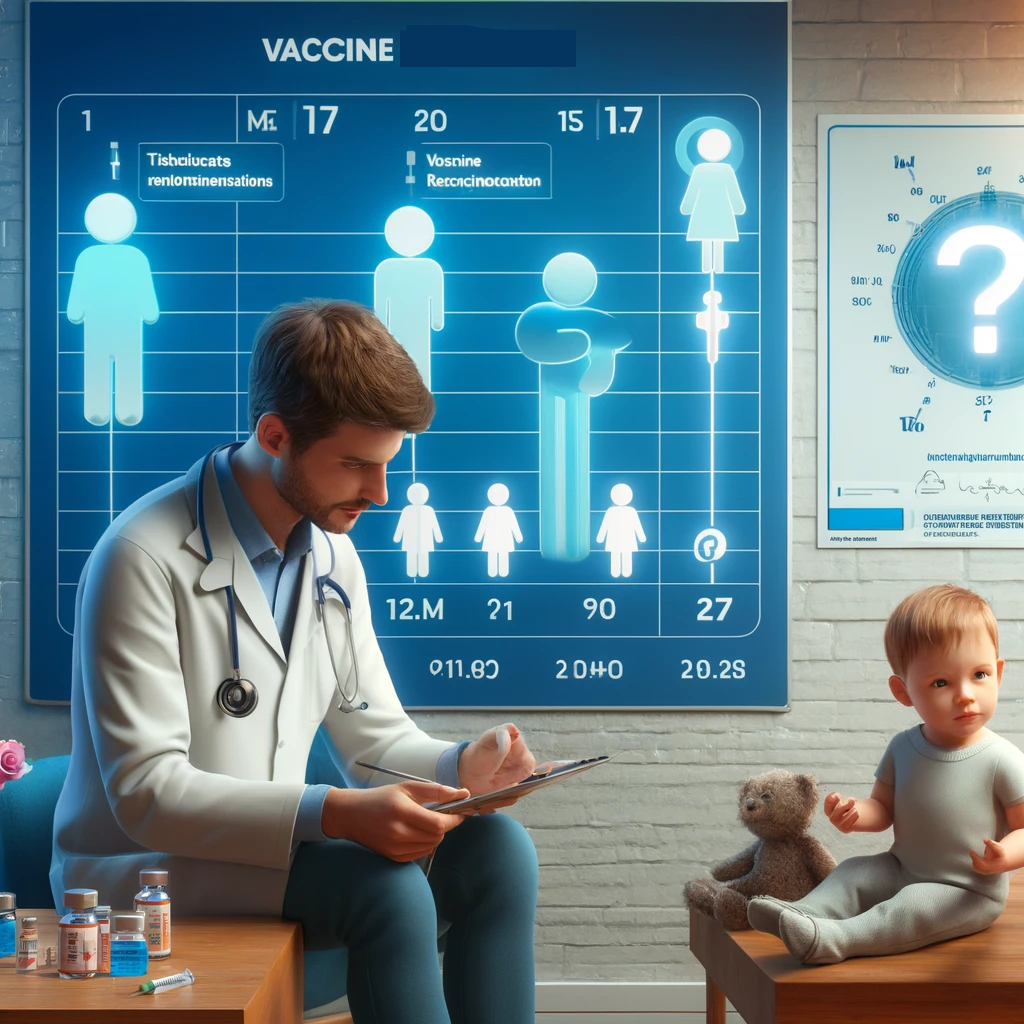
2. Reassess Childhood Vaccine Recommendations
The Proposal: Kennedy has criticized the CDC’s childhood immunization schedule, questioning the necessity of certain shots, like the hepatitis B vaccine for newborns, and wants to revisit these recommendations.
Scientific Evidence: The CDC’s guidelines are supported by extensive research showing that early immunization is crucial for preventing life-threatening diseases. For instance, the hepatitis B vaccine protects newborns from a virus that can lead to chronic liver disease. Changing these recommendations without solid evidence risks increasing rates of preventable diseases, as seen in outbreaks of measles in areas with lower vaccination rates. Still, a transparent review of vaccine policies could help address parental concerns and reinforce trust in public health.
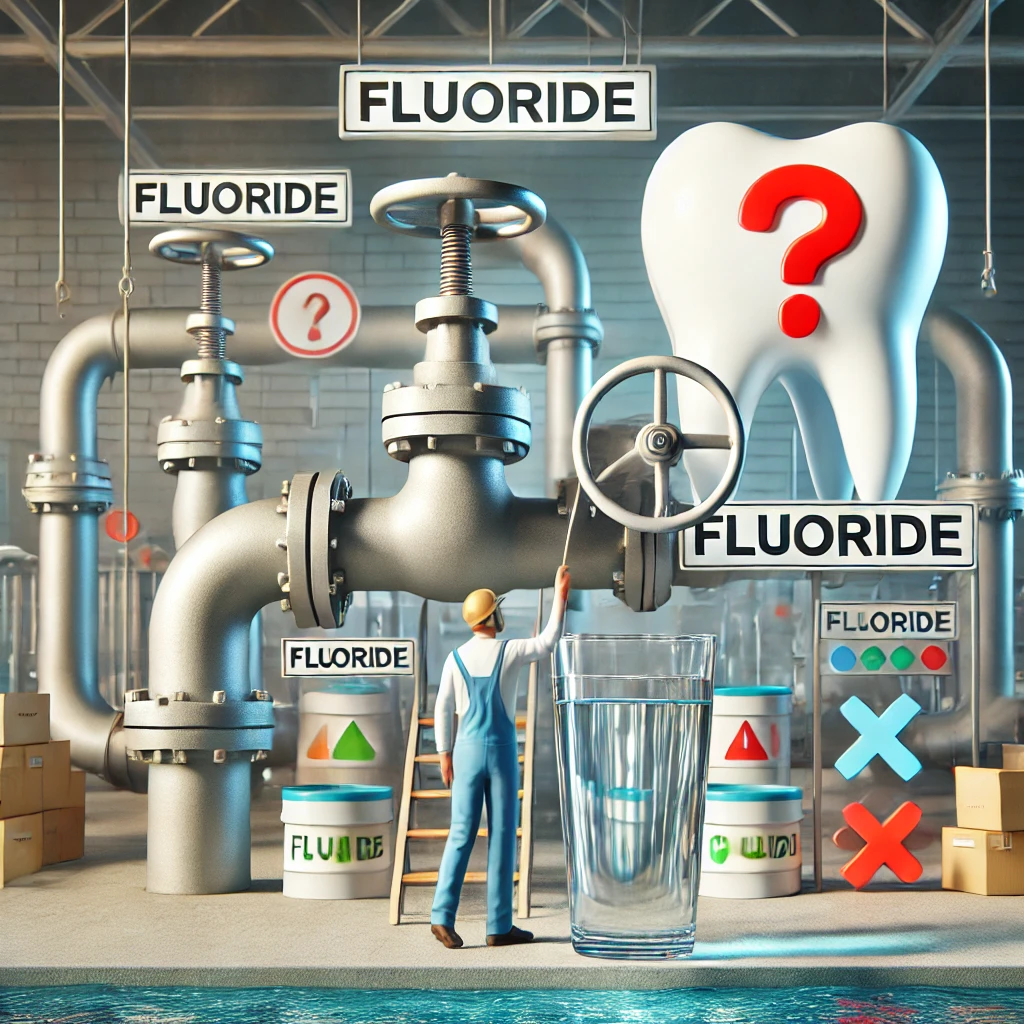
3. Remove Fluoride from Drinking Water
The Proposal: One of Kennedy’s more radical ideas is to eliminate fluoride from public water supplies, citing concerns over potential harm to brain development.
Scientific Evidence: Fluoridation of drinking water has been credited with significantly reducing tooth decay across the United States. For example, Hawaii, which does not fluoridate its water, has the highest rate of tooth decay in children nationwide. While some studies have suggested high levels of fluoride exposure may be linked to neurodevelopmental issues, the levels used in U.S. water are carefully regulated and considered safe. Removing fluoride without robust evidence of harm could reverse decades of progress in dental health, particularly among low-income populations. However, reassessing fluoride levels and ensuring public safety is always a reasonable step if based on credible research.

4. Crack Down on Food Additives and Chemicals
The Proposal: Kennedy wants to remove artificial dyes and processed ingredients from food and improve the nutritional quality of school meals.
Scientific Evidence: Research has shown that certain artificial dyes and ultra-processed foods can negatively impact health, especially in children. The European Union enforces stricter regulations on food additives compared to the U.S., and studies have linked diets high in ultra-processed foods to obesity and other health issues. Kennedy’s focus on healthier school meals aligns with many nutrition experts’ goals. However, healthier foods are more expensive and harder to manage in large-scale operations like school cafeterias. This brings up a political challenge: Republicans have historically opposed increasing food subsidies, which would be necessary to cover the higher cost of healthier options. If Kennedy’s plan doesn’t include increased funding, schools may find it difficult to comply, making it a tough battle to win.
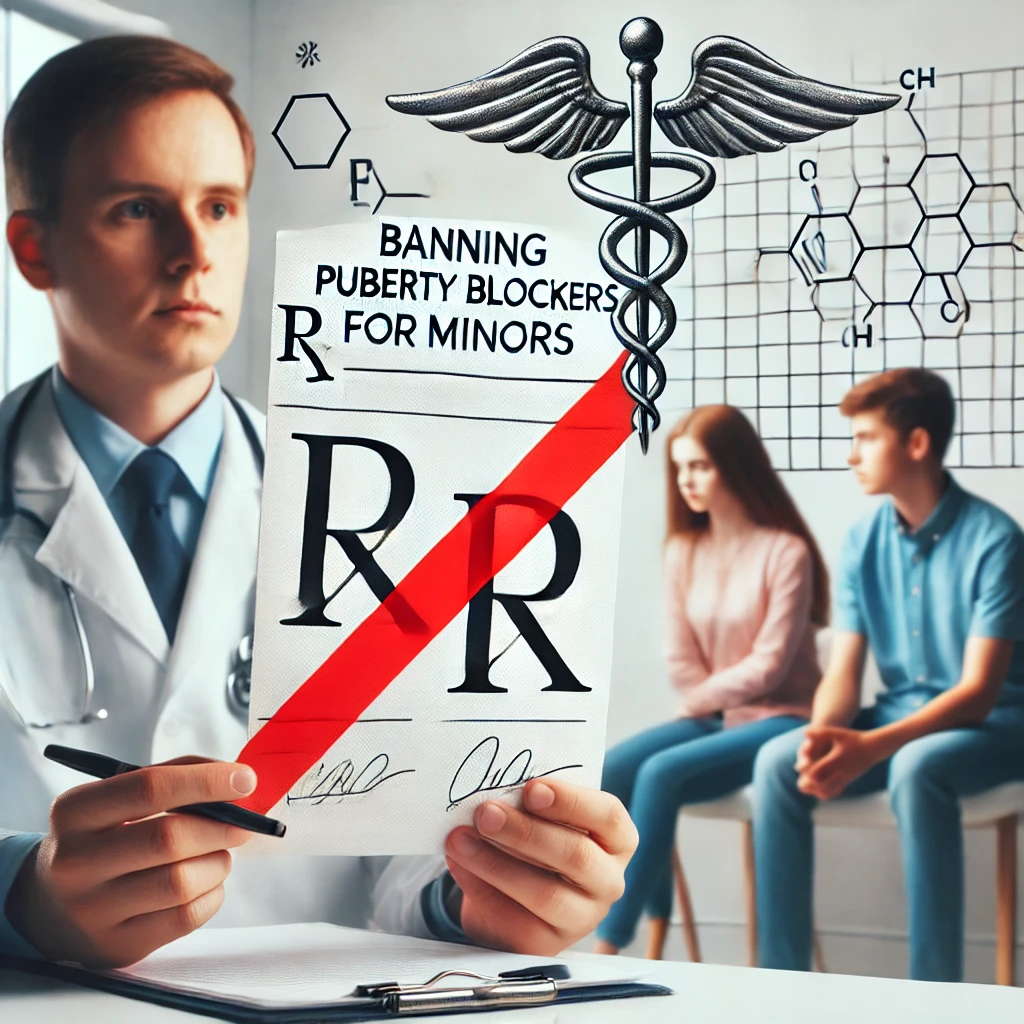
5. Ban Puberty Blockers for Minors
The Proposal: Kennedy opposes the availability of puberty blockers for transgender youth, citing concerns about long-term effects and safety.
Scientific Evidence: Puberty blockers are supported by major medical organizations, including the American Academy of Pediatrics, as a way to give transgender youth time to make informed decisions about their bodies. Research shows that these treatments can reduce gender dysphoria and improve mental health. However, long-term studies are ongoing, and some countries, like the UK, have restricted their use while more research is conducted. Banning puberty blockers outright could have severe consequences for transgender youth, but ensuring that treatment decisions are made carefully and based on solid evidence remains important.
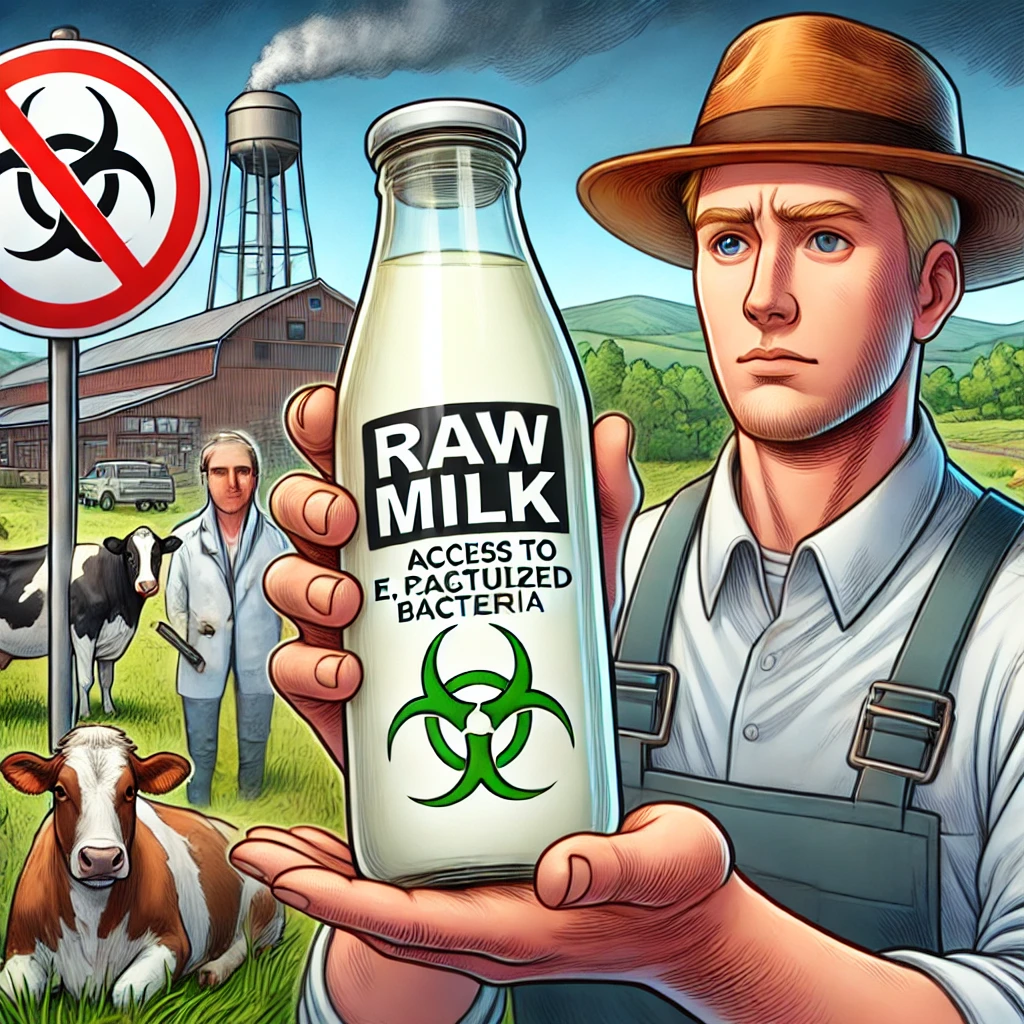
6. Promote Access to Raw Milk
The Proposal: Kennedy supports expanding access to raw milk, which hasn’t undergone pasteurization to kill harmful bacteria.
Scientific Evidence: The CDC and FDA have issued strong warnings about raw milk, which can carry dangerous bacteria like E. coli and listeria. Outbreaks linked to raw milk have caused severe illness, especially in vulnerable populations. While advocates argue that raw milk has nutritional benefits and better taste, science overwhelmingly supports pasteurization for safety. Expanding raw milk access without strict regulations could pose serious health risks, although providing people with informed choices could be seen as a step toward personal freedom.
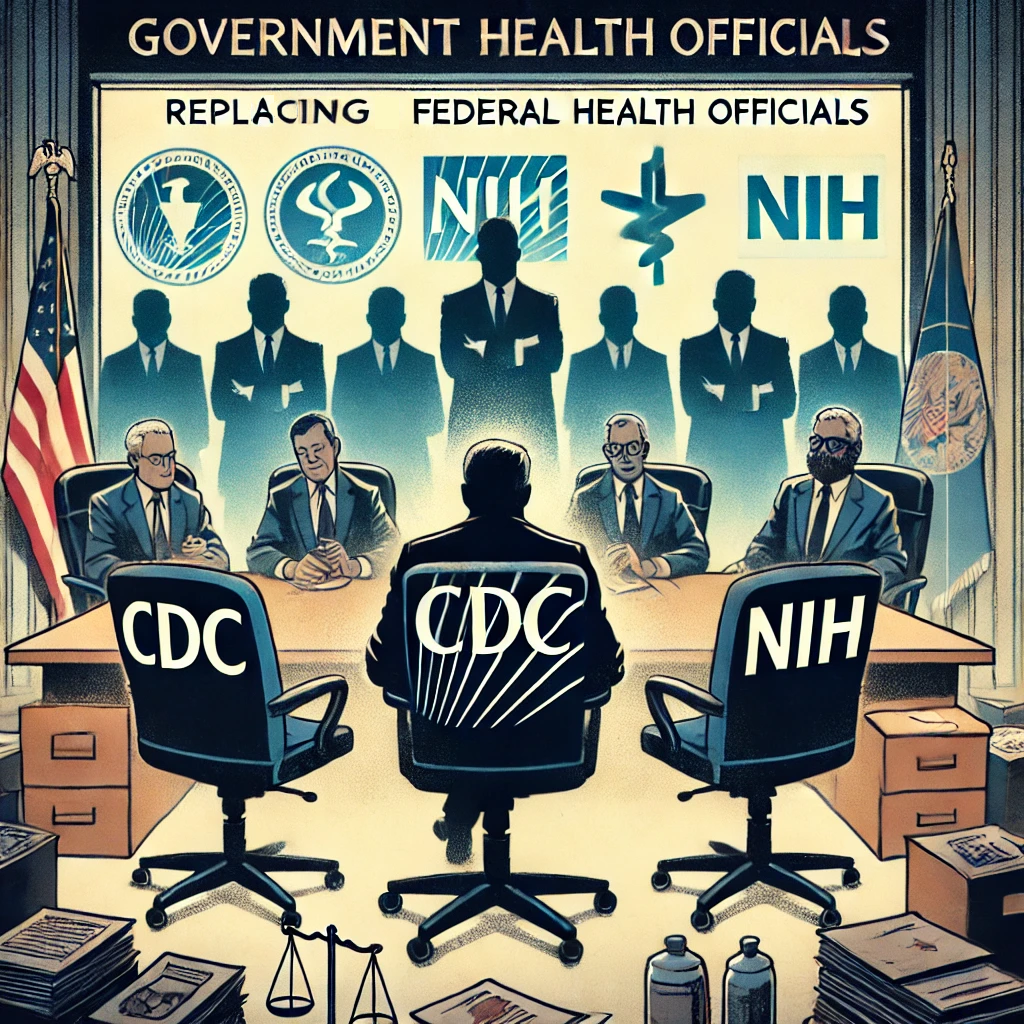
7. Replace Federal Health Officials
The Proposal: Kennedy has criticized officials at agencies like the CDC and NIH for alleged ties to private industry and has suggested replacing hundreds of them to bring reform to HHS.
Scientific Evidence: Health agencies are staffed with experienced scientists and public health experts who follow strict guidelines to make evidence-based decisions. For example, the CDC’s effective handling of the Ebola outbreak in 2014 showcased the importance of having well-trained officials in place. While addressing conflicts of interest is crucial, a mass firing could destabilize health programs and slow the government’s ability to respond to emergencies. On the other hand, a review of agency leadership and increased transparency could boost public trust if executed thoughtfully.
Kennedy’s proposed changes are a mixed bag. Some, like improving food safety and transparency, have merit but require proper funding and scientific backing. Others, like banning puberty blockers or removing fluoride, could have unintended negative consequences if not approached with caution. His plans will likely face strong resistance and need to be carefully evaluated to balance public health and evidence-based policy.

